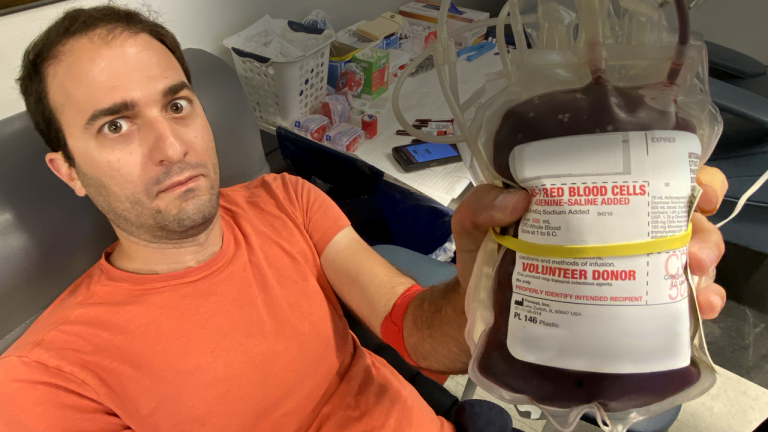Back to Show
Reactions
Vertical Farming
Season 4
Episode 5
This week Reactions is checking out the chemistry that makes vertical farms possible. As humans learned to farm, we arranged plants outside in horizontal fields, but we can now stack those fields vertically. Moving plants indoors has many benefits, but the choice of lighting can make or break the cost of a vertical farm and affect how long it might take for urban agriculture to blossom.
Support Provided By

18:01
There are a few obstacles to overcome before we get there.

13:15
Come along on George’s epic journey into the wilds of salt science!

9:41
Weeds are building a defense against today's herbicides.

17:15
We explore how far carbon structures are from revolutionizing the world.

14:45
We dig into the science of flavor pairings, especially when it comes to the famous combo.

10:39
Can a medicine cause a war? The treatment for Malaria may just have.

11:30
We explore what happens to space debris closest to the earth.

12:47
We look at the century-long quest for the Holy Grail: synthetic blood.

13:38
The process might be relatively simple but it's dangerous and illegal without a license.

9:32
Gas stove ranges are polluting our homes.

13:43
We look at the science behind the whole process, from sap to syrup.

11:50
With the right cleaning methods, we can turn the dirtiest water into safe cleaning water.











